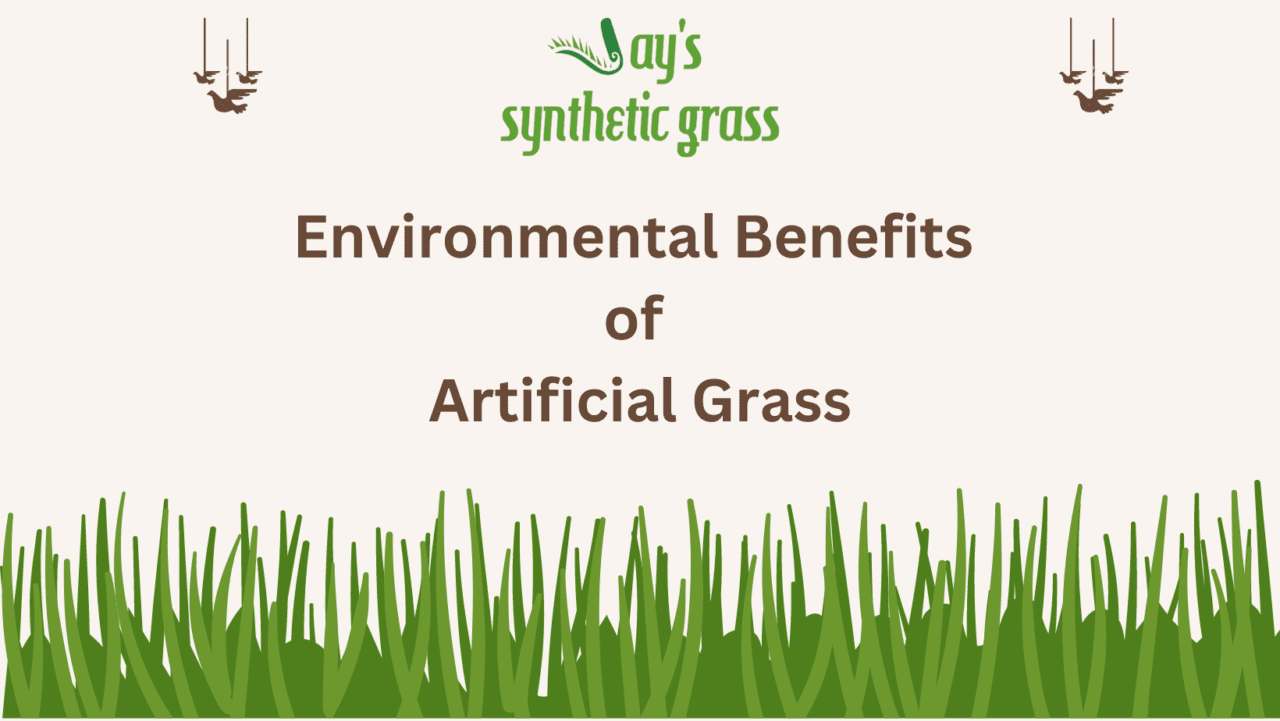In recent years, there has been a growing emphasis on finding environmentally sustainable solutions for various aspects of our lives, including landscaping. Artificial grass has emerged as an increasingly popular alternative to natural grass due to its visual appeal, low maintenance requirements, and numerous environmental benefits. This article aims to delve into the extensive advantages of artificial grass and highlight its positive impact on the environment.
Preserving Water Resources:
One of the foremost environmental benefits of artificial grass lies in its significant reduction in water consumption. Natural grass demands substantial irrigation, especially in areas prone to drought or water scarcity, to maintain its lush appearance. This excessive water usage strains local water supplies and contributes to wastage. However, opting for artificial grass in perth allows property owners to conserve water resources without compromising the beauty of their lawns. With artificial grass, there is no need for regular watering, saving thousands of gallons of water each year and alleviating pressure on limited water sources.
Eliminating Chemical Usage:
Maintaining a natural lawn often entails the use of pesticides, herbicides, and fertilisers to control pests and promote healthy growth. Unfortunately, these chemicals can have detrimental effects on the environment, contaminating soil and water systems while posing health risks to humans and wildlife. By choosing artificial grass, the need for such chemical applications is eliminated entirely. Creating a chemical-free environment, artificial grass reduces pollution and promotes a healthier ecosystem for all.
Enhancing Soil Quality and Biodiversity:
Artificial grass offers an opportunity to enhance soil quality and biodiversity. Unlike natural grass, which requires mowing, artificial grass does not need frequent cutting. This absence of lawn mowing eliminates the release of grass clippings, which often contribute to organic waste in landfills. Additionally, without the need for chemical fertilisers and pesticides, artificial grass fosters a more natural and balanced ecosystem. Beneficial insects and pollinators can thrive in this environment, contributing to the preservation of biodiversity.
Promoting Sustainable Landscaping Practices:
Artificial grass serves as a cornerstone of sustainable landscaping practices. With its longevity and durability, artificial grass minimises the need for replacement or renovation over time, reducing waste and conserving resources. Furthermore, artificial grass does not require regular maintenance such as watering, mowing, or reseeding. This translates to fewer emissions from machinery and equipment. By embracing artificial grass, individuals can make a positive contribution to sustainable land use and minimise their environmental footprint.
The Environmental Benefits of Artificial Grass in Urban Areas:
In urban areas, where green spaces are limited and concrete dominates, the environmental benefits of artificial grass become even more pronounced. Let’s explore two key advantages in this context:
Mitigating Urban Heat Island Effect:
Artificial grass helps combat the urban heat island effect. It is a phenomenon characterised by significantly higher temperatures in urbanised areas compared to their surrounding rural counterparts. The synthetic fibres of artificial grass do not absorb heat like traditional asphalt or concrete surfaces, resulting in cooler outdoor temperatures. Installing artificial grass in urban environments reduces the heat island effect, minimises energy consumption for cooling buildings, and enhances the overall comfort of urban dwellers.
Reducing Air Pollution:
Air pollution poses a pressing concern in bustling cities. Natural lawns require regular mowing, which often involves the use of gas-powered lawn mowers emitting pollutants into the atmosphere. By replacing natural grass with artificial grass, the need for frequent mowing is eliminated, leading to a significant reduction in air pollution. Moreover, artificial grass does not require the application of fertilisers or pesticides, further minimising the release of harmful chemicals into the air. Opting for perth artificial grass in urban areas actively contributes to cleaner and healthier air quality.


